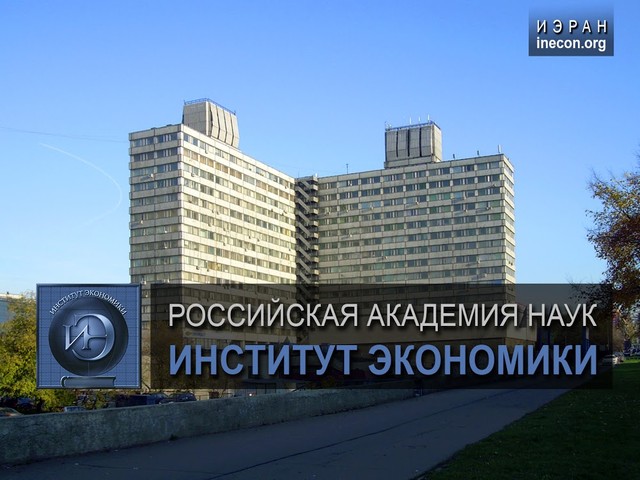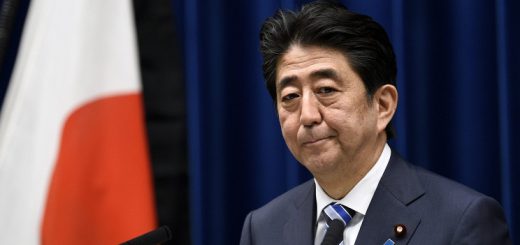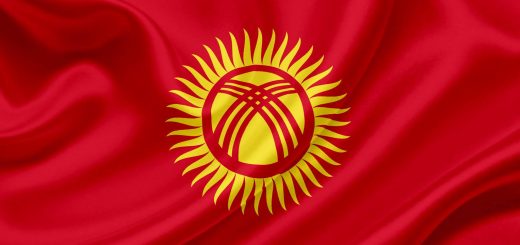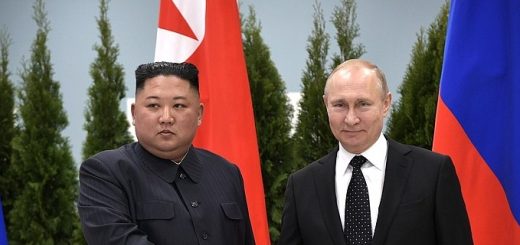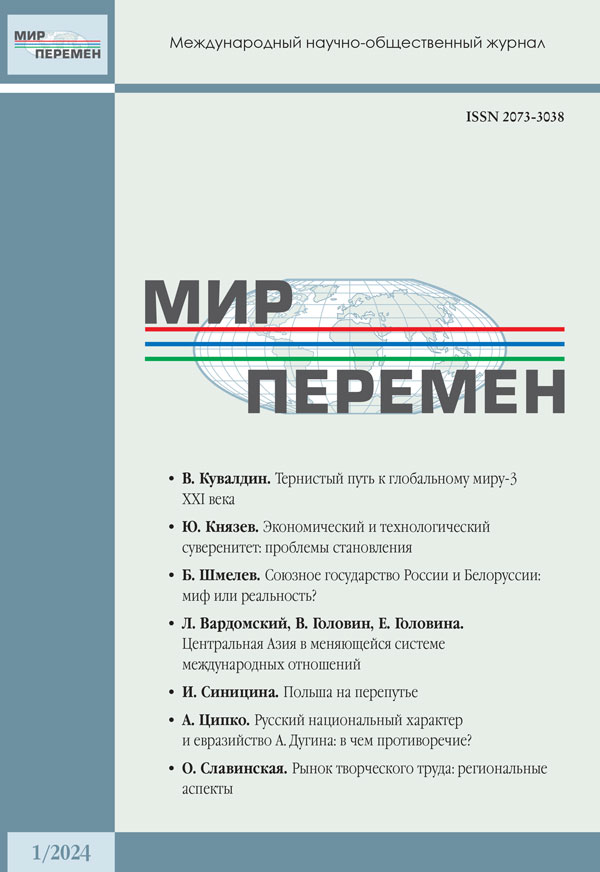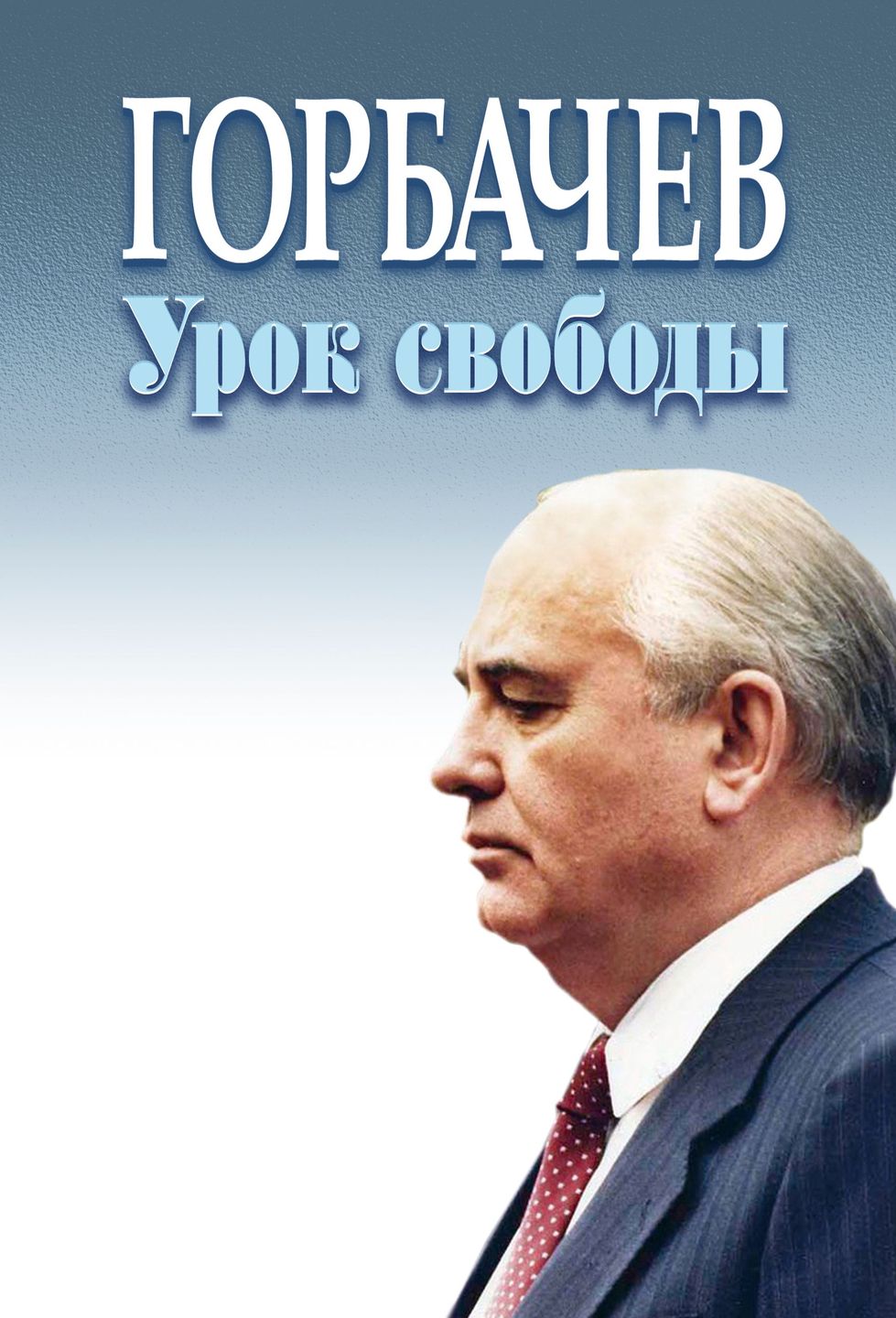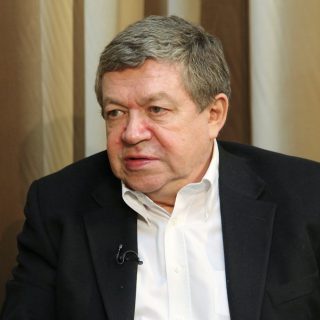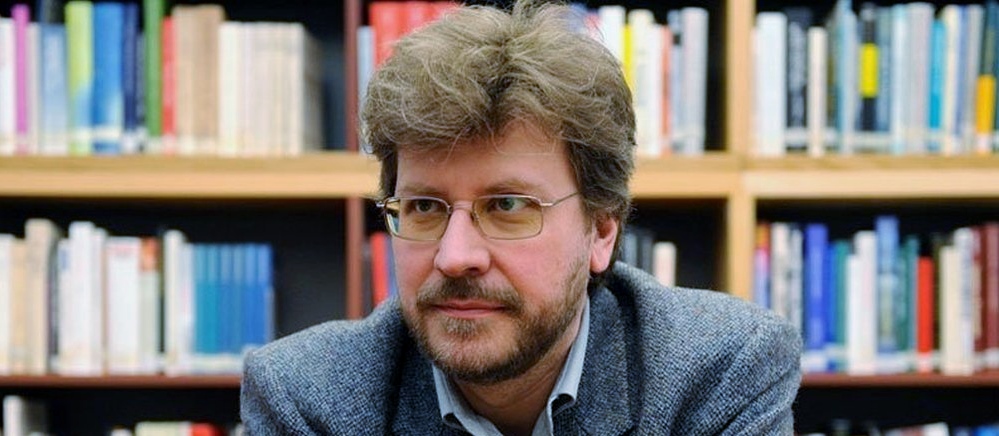Civil Society Versus Authoritarians in Eastern Europe and Central Asia
Rostislav Valvoda, executive director of the Prague Civil Society Centre
The public health response and emergency assistance in a pandemic are hardly roles for civil society, yet across Eastern Europe and Central Asia, it is civil society that has risen to the occasion by providing critical assistance where authorities have failed to act. Civic activists, university students, small businesses, and other groups refocused almost overnight to respond to new needs in their communities, filling the gaps in services their governments would not provide. Detached from the concerns of ordinary people, the region’s autocrats have handled the pandemic worse than some neighboring democracies, and this failure has significantly damaged their credibility. At the same time, the swift response and practical assistance provided by civic groups have boosted their reputation and given rise to a sense of solidarity in society that is proving troublesome for the autocrats.
PANDEMIC RESPONSES
Decaying post-Soviet healthcare systems were woefully ill equipped for the coronavirus crisis after thirty years of neglect and corruption. Autocrats downplayed the severity of the virus or denied its existence in their countries even as cases continued to rise. In Central Asia, Turkmenistan was reporting zero cases of the coronavirus at the height of the pandemic, and President Gurbanguly Berdymukhamedov suggested inhaling the smoke from burning a native grass to ward off infection[1]. Belarusian President Alexander Lukashenko famously recommended vodka, the fresh air of a tractor ride, and a steam in the sauna as coronavirus curatives[2]. His dismissive response to the virus proved a grave misstep and was among the factors that drew people to the streets in protest after the August 9, 2020, presidential election. Although Russian President Vladimir Putin did not dispense folk remedies, Russian hospitals were desperately short of equipment to treat those infected, and anyone who criticized the medical system risked retribution from authorities.
In the absence of sufficient official responses, civil society has stepped in to compensate for the shortfall with aid and volunteering. Civil society organizations (CSOs) sourced protective gear and medical equipment for overrun hospital staff. They also delivered food and other essentials to those most vulnerable to the disease and the immediate economic downturn that resulted from the lockdowns eventually put in place. In many cases, civil society took the lead in spreading public health information and fighting dangerous disinformation about the virus. CSOs used creative campaigning to crowdfund and cooperated with local businesses and the information technology (IT) sector to quickly set up platforms providing everything from distance learning to crisis interventions for victims of domestic violence.
In early April 2020, a group of Belarusian activists organized a crowdfunding campaign to buy, collect, and distribute medical and protective equipment for health professionals and other frontline workers fighting the coronavirus. The group, called ByCovid19, is led by experienced civil society activists but also attracted many volunteers who were new to this kind of civic engagement and were inspired to help in the crisis. The confidence that society gained from self-reliance during the pandemic contributed to an atmospheric shift in Belarus, where unprecedented mass demonstrations demanding the ouster of Lukashenko have since swept the country.
Like other civil society activists across the region, the leaders of ByCovid19 pivoted their focus and reached out to new sectors like IT and the business community to offer mutual aid in a time of crisis, filling the gaps where their governments had fallen disgracefully short. Civic groups quickly reorganized to deliver food and medicine to the elderly, support small businesses unable to operate during lockdowns, provide psychological counseling and other social services, ensure IT infrastructure and connectivity for children learning from home, and help hospitals in desperate need of equipment.
In Tajikistan, the Office of Civil Freedoms, a group normally focused on protecting the rights of military conscripts, launched Help Us Help, an initiative to provide food and other essentials to those in need. The group’s crowdfunding campaign attracted donations from at home and abroad, raising $2,000 in a matter of weeks—a sizable amount in Tajikistan, where the average monthly income is less than $150 and a culture of charity donations is not well established. With these funds, the activists bought and delivered food and hygiene products for several hundred people.
In Russia, human rights activists teamed up with IT specialists, creatives, psychologists, and journalists to create digital resources on community building and mutual aid for local, independent volunteers who want to help their neighbors. In the city of Perm, a consortium of civic groups united under the name SOSedi, a Russian portmanteau for “SOS neighbors,” to provide information and resources on how to safely help the elderly, single parents, and those who were sick or quarantined. Under the tagline “In Perm we are all neighbors,” the groups designed posters and leaflets with public health information that volunteers could print out and post in their neighborhoods and online. In partnership with an e-shop, SOSedi launched a platform that allowed people to donate toward grocery orders for those in need.
As the coronavirus crisis deepened, legal associations and human rights organizations that normally provided legal advocacy to victims of human rights abuses by government officials expanded their services to the broader public. Agora, a Russian human rights organization that usually focused on the legal defense of journalists, artists, activists, and other persecuted groups and on the state’s abuse of power in the court system, began offering legal and tax assistance to small businesses that were struggling during lockdowns[3]. This gesture of solidarity with larger society has strengthened the organization’s support base in its community and boosted an already strong reputation.
Similarly, in Azerbaijan, where the government’s belated assistance for those who had lost their livelihoods as a result of the pandemic proved overwhelmingly bureaucratic, a group of human rights lawyers created an ad hoc organization to help people navigate the benefits system. The group was quickly inundated with requests for help, and this service for the broader public has laid a foundation for trust in the lawyers.
As CSOs have regrouped and joined different types of initiatives for the first time, a new dynamism has appeared in the sector. Experienced activists and first-time volunteers alike have grown their networks and deepened their experiences in civic engagement. When life increasingly moved online to accommodate physical distancing, civic groups began cooperating with the tech sector in new and interesting ways. Because of the need for private donations to fund mutual aid initiatives, the pandemic has been a catalyst for forging new connections between civil society and private businesses.
Despite the economic hardships that have hit businesses and individuals, civic groups in Russia have reported that their donations have grown during the pandemic as the crisis has helped foster solidarity and charitable giving. One media outlet that pairs its multimedia storytelling about social problems with a platform for collecting donations reported a significant increase in donations at the height of the pandemic.
CRACKING DOWN AND CO-OPTING
While some civic initiatives launched in response to the pandemic had a meaningful impact on both the civic sector and society as a whole, others, especially in Russia and Azerbaijan, were stopped in their tracks by authorities. In the initial stages of the pandemic, authorities reacted especially severely to initiatives related to the healthcare sector, which they perceived as challenges to the state’s authority. By contrast, self-help and horizontal aid cooperation—providing food to the elderly and the like—were generally allowed. As the pandemic developed, however, authorities used it as a pretext to crack down on civic activists generally.
In Russia, activists and health workers alike faced retaliation for drawing public attention to inadequate supplies of medical equipment. As the Human Rights Watch regional director documented, “instead of listening to health workers’ legitimate concerns about safety and trying to address them, employers and officials in some cases disciplined or even prosecuted them for speaking out.”[4]. Anastasia Vasilyeva, the head of a doctors’ union, who was critical of the government’s response to the coronavirus crisis, was arrested and convicted of violating lockdown orders while attempting to deliver medical equipment to hospitals in Russia’s regions[5]. A well-known activist from the town of Kolomna, just south of Moscow, who began collecting money and equipment for a local hospital was threatened by security service officers, who accused him of spreading panic. The local hospital that would have benefited from his donation was similarly pressured by the security apparatus to refuse his help.
In Azerbaijan, where crackdowns on civic activism are even harsher than in other autocracies in the region, several decentralized communities formed on Facebook to provide mutual aid, but authorities were very sensitive to any overt campaigning or collective actions related to the coronavirus crisis. For example, a group of volunteers was detained and fined for trying to hang signs and distribute flyers with reliable information on how to prevent the spread of the disease. Early in the lockdown, authorities in Azerbaijan took advantage of the opportunity to arrest several opposition politicians for alleged quarantine violations[6].
In Tajikistan, authorities accused activists who were providing public health information of spreading panic and threatened them with arrest. Independent journalists and vloggers attempting to report the facts about the pandemic have been arrested, beaten, and intimidated and had their credentials revoked[7]. In Uzbekistan, the government issued a blanket ban on humanitarian activities, citing the potential for volunteerism to add to the spread of coronavirus, but later invited groups that wanted to help distribute food and supplies to join a government-run consortium whose activities could be closely monitored.
LONG-TERM CONSEQUENCES
Beyond governments’ botched handling of the public health crisis, a lack of policies to soften the economic blow caused by the pandemic has further heightened mistrust of authorities and dented the legitimacy of the region’s autocrats. Conversely, as civil society continues to help those affected by the pandemic, grow its networks, and build its social capital, there is a clear potential for CSOs to expand their influence and credibility in society.
In Russia, Putin’s position has been significantly undermined by poor handling of the pandemic. When the Kremlin arrested the governor of the far-eastern Khabarovsk region in July 2020, thousands of people took to the streets against the move in protests that were unprecedented for the region in pre-pandemic times. The crucial question is whether the expanded networks that civil society has formed during the crisis will crystallize into a challenge that can take advantage of these cracks in the regime’s legitimacy.
The Khabarovsk demonstrations may be an early sign that the mixture of dissatisfaction with the authorities’ incompetence during the crisis and the sense of empowerment gained from the experience of mutual aid and self-reliance is translating into political action. If so, it would not be the first time that this phenomenon has occurred in Russia. Droves of volunteers mobilized and self-organized as wildfires raged in 2010, and the connections they made laid the groundwork for broader public support for the wave of protests that started in 2011 calling for fair elections.
The consequences of inept handling of the pandemic are perhaps most apparent in Belarus, where Lukashenko’s ludicrous response to the public health crisis was one factor that led to the first real threat in his twenty-six-year reign. The official incompetence and apparent disregard for people’s suffering fueled broad popular discontent before the disputed presidential election, which is widely recognized to have been fraudulent. Lukashenko’s handling of the pandemic had dealt a serious blow to his legitimacy even before the election. But it was the brutality of the postelection crackdown and torture of detained demonstrators, photos of which spread rapidly on social media, that galvanized broader society to join calls for him to step down. Opposition to Lukashenko included factory and public transportation workers and even some members of the security apparatus and others who were traditionally loyal to the president. Multiple segments of society were emboldened by a confidence and a sense of unity that had been reinvigorated by the surge in civic engagement in response to the pandemic.
The coronavirus crisis has allowed CSOs to prove to communities that they are capable of rapidly mobilizing resources and alleviating suffering through collective action. Civic groups can now build on this trust through continued engagement in mutual aid initiatives. They can then leverage this bolstered confidence to push for more ambitious change on an ever more systemic level. As civil society matures, expands its horizontal networks, and becomes more self-assured, tensions will inevitably grow between populations and the paralyzed regimes of corrupt elites, which are increasingly out of touch and out of step. The pandemic has brought this conflict into focus and may well prove a factor in intensifying it.
How the confrontation plays out will depend on how harshly the elites are prepared to crack down on dissent, on the one hand, and how emancipated, skilled, and numerous the civic-minded part of society becomes, on the other. What will come of the revived civic engagement that has followed the global coronavirus pandemic will be a central question of this decade.
NOTES
[1]. Abdujalil Abdurasulov, “Coronavirus: Why Has Turkmenistan Reported No Cases?,” BBC, April 7, 2020, https://www.bbc.co.uk/news/world-asia-52186521.
[2]. “Waving Slippers at the ‘Cockroach’ President of Belarus: Alexander Lukashenko, Who Touted Vodka for Covid-19, Faces Real Opposition,” Economist, June 20, 2020.
[3]. Agora, openinform.ru.
[4]. “Russia: Health Workers Face Retaliation for Speaking Out,” Human Rights Watch, June 15, 2020, https://www.hrw.org/news/2020/06/15/russia-health-workers-face-retaliation-speaking-out.
[5]. Matthew Luxmoore, “Russian Doctor Who Criticized Government’s COVID-19 Response Detained,” Radio Free Europe/Radio Liberty, April 3, 2020, https://www.rferl.org/a/head-of-russian-doctors-union-arrested-on-trip-to-equip-provincial-hospitals-battling-virus/30527912.html.
[6]. “Azerbaijan Arrests Opposition Activists During Covid-19 Outbreak,” OC Media, March 24, 2020, https://oc-media.org/azerbaijan-arrests-opposition-activists-during-covid-19-outbreak/.
[7]. Muhammad Tahir and Bruce Pannier, “Majlis Podcast: Media Freedom and the Coronavirus in Tajikistan,” Radio Free Europe/Radio Liberty, July 12, 2020, https://www.rferl.org/a/majlis-podcast-media-freedom-and-the-coronavirus-in-tajikistan/30721966.html.
Carnegieeurope.eu. 07.12.2020

